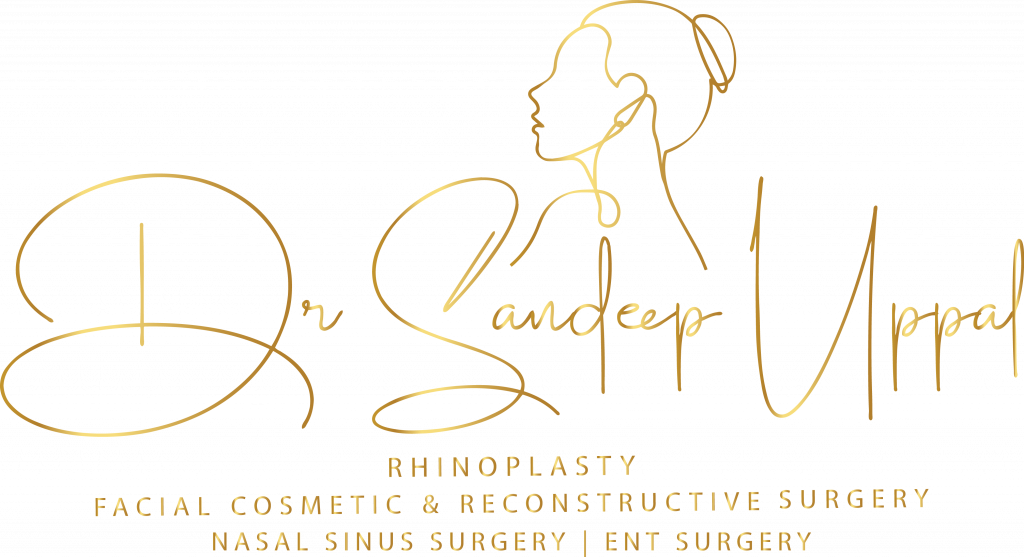UNLOCKING THE MYSTERY OF MÉNIÈRE'S DISEASE
Meniere’s Disease is a complex and often misunderstood inner ear disorder that affects the vestibular system, which is responsible for maintaining balance and spatial orientation. Characterized by episodes of vertigo, tinnitus (ringing in the ears), hearing loss, and a feeling of fullness or pressure in the ear, Meniere’s Disease can significantly impact the quality of life of those affected.
CAUSES OF MÉNIÈRE'S DISEASE
The exact cause of Meniere’s Disease remains unclear, but it is believed to be related to an abnormal volume or composition of fluid in the inner ear. This imbalance in inner ear fluid can disrupt the signals sent from the inner ear to the brain, leading to the symptoms of Meniere’s Disease.
Several factors may contribute to this imbalance, including:
AUTOIMMUNE RESPONSES
The body’s immune system mistakenly attacks healthy cells in the inner ear.
VIRAL INFECTIONS
Past viral infections might trigger inflammatory responses affecting the inner ear.
GENETIC PREDISPOSITION
Family history may increase the risk of developing Meniere’s disease.
STRESS
Emotional stress is known to exacerbate symptoms.
DIETARY HABITS
Certain dietary factors, such as high salt intake, can affect fluid retention, impacting inner ear fluid dynamics.
CLINICAL PROGRESSION
Meniere’s Disease progresses in stages, each with its own set of symptoms:
EARLY STAGE
Characterized by sudden and unpredictable episodes of vertigo, fluctuating hearing loss, tinnitus, and ear fullness. These episodes can last from 20 minutes to several hours.
MIDDLE STAGE
Vertigo episodes may become less severe and less frequent, but hearing loss and tinnitus may worsen. Periods of remission are common.
LATE STAGE
In the final stage, hearing loss may become permanent, and tinnitus may continue. However, vertigo episodes tend to become less frequent and may stop altogether.
DIAGNOSIS
Diagnosing Meniere’s Disease involves a comprehensive evaluation by a healthcare professional, typically an otolaryngologist (ear, nose, and throat specialist) or an audiologist. Diagnosis is based on the characteristic pattern of symptoms, hearing tests, and, sometimes, balance tests. Tests may include:
- Hearing Tests: To assess the degree of hearing loss.
- Balance Tests: To evaluate the inner ear’s function and balance.
- MRI or CT scans: To exclude other possible causes of the symptoms, such as a brain tumour or multiple sclerosis.
MANAGING MENIERE'S DISEASE
While there is no cure for Meniere’s Disease, several management strategies can help control symptoms and improve quality of life. These include:
DIETARY CHANGES
Reducing salt intake can help regulate fluid levels in the body and potentially reduce the severity of symptoms.
MEDICATIONS
Diuretics may be prescribed to manage fluid retention, and anti-vertigo medications can help control episodes of dizziness.
THERAPY
Vestibular rehabilitation therapy can help improve balance and reduce the impact of vertigo.
STRESS MANAGEMENT
Techniques like meditation, yoga, and counselling can help manage stress, which may trigger or worsen symptoms.
SURGERY
In severe cases where medical management is not effective, surgical options such as endolymphatic sac decompression or vestibular nerve section may be considered.
FIND YOUR BALANCE AGAIN
If you or someone you love is experiencing symptoms suggestive of Meniere’s Disease, don’t wait to seek help. Early diagnosis and management are key to controlling symptoms and maintaining a high quality of life. Remember, you’re not alone in this journey—support and treatment options are available to help you find your balance again.
“Take Back Control: Navigate Meniere’s with Confidence and Support!” Make an appointment to see Dr Sandeep through our appointment booking system or contact us through WhatsApp.


